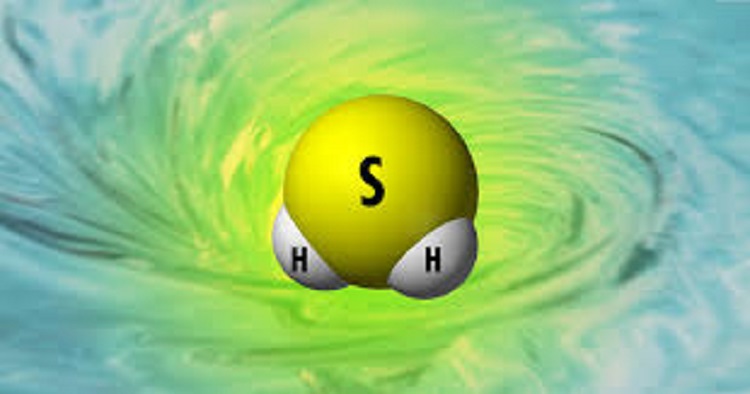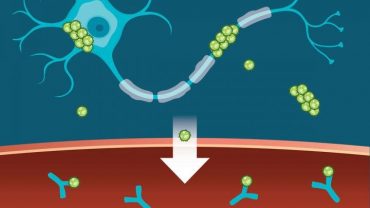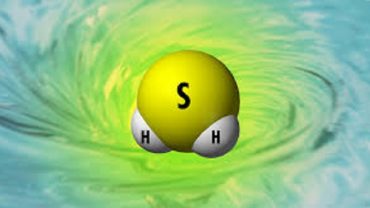Water quality has a great effect on the quality of life of you and your family. The rotten egg smell and taste that is in your home water supply is mainly caused by the presence of hydrogen sulfide. Even though hydrogen sulfide is not detrimental to your health, it can make your water corrosive. This means that it will damage your appliances and home plumbing system and may also result in lead contamination. It can also leave black or yellow stains on your bathroom and kitchen fixtures and tarnish your brass and copper utensils or silverware.

Hydrogen sulfide
Hydrogen sulfide is a gas that has a distinctive odor of rotten eggs. It is mainly produced from decaying animal and plant tissues. At high concentrations, hydrogen sulfide in the air is toxic. However, it is usually just at negligible levels in well water and causes no health problems. Hydrogen sulfide is very corrosive to metals.
Why hydrogen sulfide is in your water
When plant or animal tissues decompose underground where there is no oxygen, minerals and sulfur-containing compounds are converted into hydrogen sulfide gas. This gas is insoluble in water and is usually trapped in underground water. When this water is then pumped to the surface, this gas is free and it will escape and this is why you can easily smell its pungent rotten egg-like smell. If you notice the smell of this gas from your hot water faucet only, then the problem is caused by your water heater. The anode rod or magnesium corrosion control rod in your water heater will react with sulfate, forming hydrogen sulfide. You can reduce or eliminate this problem by replacing your magnesium rod with an aluminum rod. For more details, check out https://www.aquaoxfilters.com/hydrogen-sulfide-rotten-egg-smell/.
Can water be tested for hydrogen sulfide in the laboratory?
Testing your water for hydrogen sulfide in the laboratory can be quite tricky. This is because this gas escapes quickly from the water into the air and will be gone by the time you get your water to the laboratory. The rotten egg smell associated with this gas is unmistakable. However, there are kits available for onsite measurement of the gas.
What can be done to eliminate hydrogen sulfide or sulfate from your well water?
Aeration is a treatment process that makes hydrogen sulfide gas to escape rapidly from the water. Aeration can be done with a tank that is specifically designed for removal of hydrogen sulfide gas or exchanging the bladder style pressure tank with the traditional style pressure tank.
There are other methods of eliminating hydrogen sulfide from your water. Most of these techniques will involve converting this gas into elemental sulfur that can be eliminated through filtration. An oxidizing filter can be used to eliminate low to moderate hydrogen concentrations. For high concentrations, chemical treatment is ideal, for example, using potassium permanganate and household bleach.
Hydrogen sulfide in drinking water is a commonly experienced nuisance contaminant.
Even though it is not dangerous to health, the corrosiveness of household water and the offensive smell make it necessary to seek valid treatment options. With the right solution for your home, you will be able to eliminate this pungent rotten egg smell from your home and enjoy clean and purified water.













